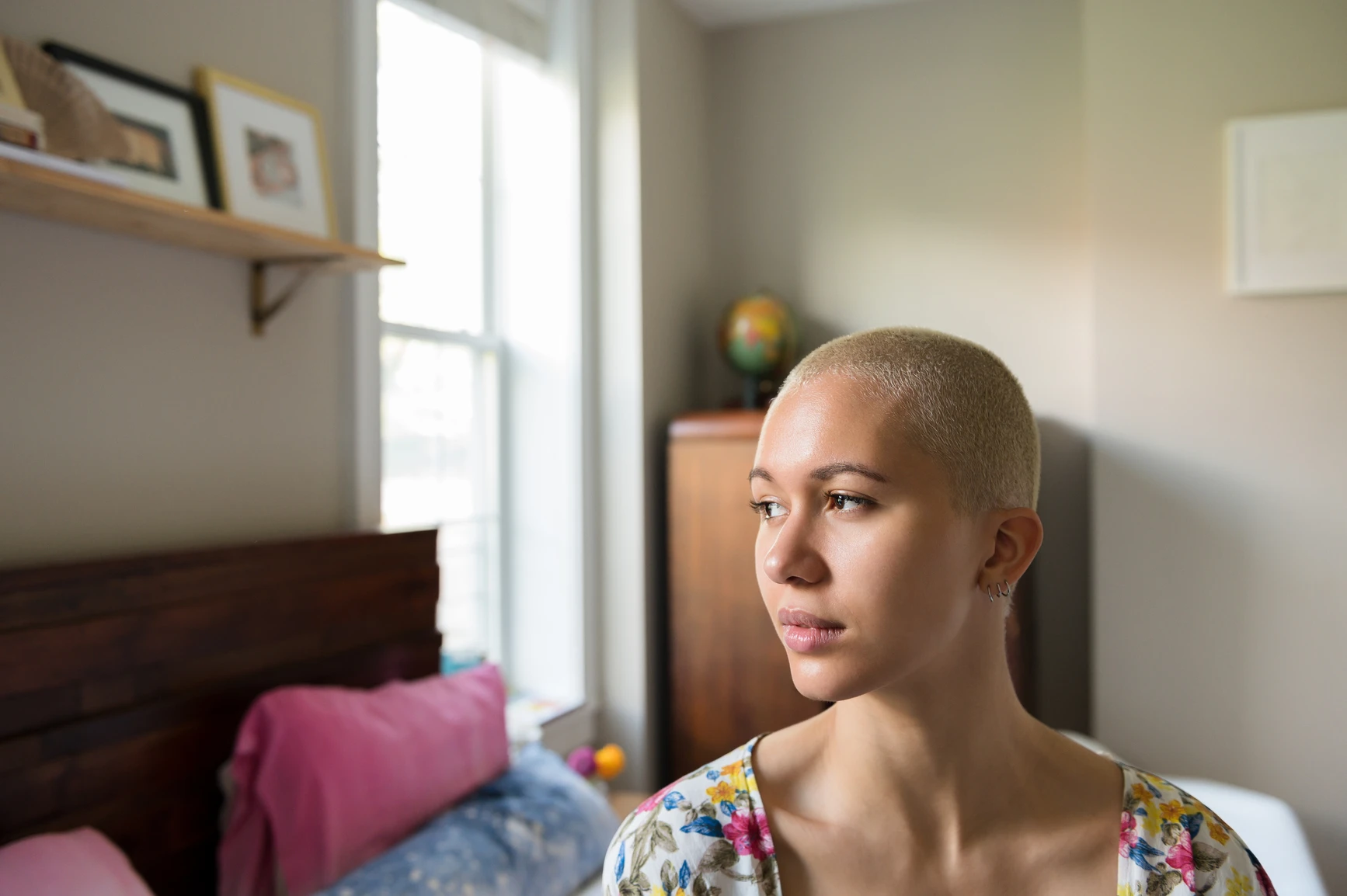Therapy
Social Media’s Influence on Mental Health: Therapy Tips
Miranda Savage, Resident Therapist
For better or worse, social media has become a central part of our lives. It connects us with friends and family, provides artistic and educational content, and offers a break from reality. However as a therapist, I often see some pretty harmful side effects. The idealized images filling our feeds set unrealistic beauty standards and can lower self-esteem and body satisfaction (Fardouly et al., 2015).
The algorithms behind social media platforms are designed to keep us hooked, but they also invite negative comparison with others. Social media also creates a space for body shaming to run wild, both within the content itself and in the comment sections. This kind of exposure can lead to increased body dissatisfaction and even more severe issues like body dysmorphia and disordered eating (Perloff, 2014). The focus on physical appearance online can make unrealistic standards seem normal, causing users to feel isolated in feelings of shame and inadequacy. While there may be some initial uncertainty in bringing these concerns to therapy, clients should know that discussing them is neither superficial nor trivial - it's a valid and important part of the healing process.
So how can we start combating these negative effects? Here are some practical steps you can take right now:
Curating your feed
Take charge of what you see by carefully choosing who you follow. Follow accounts that make you feel good about yourself and avoid those that don’t. By doing this, you can create a more positive online environment that supports your self-esteem
Quieting the noise
If you find that certain accounts or hashtags make you feel bad about yourself, consider unfollowing or muting them. Pay attention to how different types of content affect your mood and adjust your feed accordingly. It’s important to be mindful of how different content impacts your feelings.
Seeking positive voices for change
Look for accounts that promote body positivity, size inclusion, and focus on values beyond physical appearance. Accounts like @sass.and.cellulite, @chloe_xandria, @thenutritiontea, and @ashley_dorough are a great place to start! These pages provide a healthy perspective and help counterbalance the often unrealistic standards seen elsewhere online. Once you’ve done this, scrolling on Tiktok’s “Following” page instead of the FYP or your Instagram home page instead of the explore page will allow you to see the positive content you want (and avoid the negative content you don’t).
Engaging in offline activities
Spend time with loved ones, enjoy the outdoors, cook a meal with friends, or dive into hobbies that don’t involve screens. Real-life interactions and activities can help improve your mood and self-esteem, providing a refreshing break from social media pressures.
Strengthening physical self-care
Show your appreciation for all that your body does for you. Self-care looks different for everyone, but some foundational steps can include getting enough sleep, eating well, and partaking in mindful movement like walking or yoga. Regularly practicing self-care helps foster a more positive relationship with yourself and counteract the negativity that can arise from social media comparisons.
At the end of the day, gaining an understanding of how social media affects us is the first step toward developing a healthier relationship with it. Remember - the pictures we see online often don’t reflect reality. By making thoughtful choices about social media use and focusing on positive content, we can enhance our self-esteem and overall well-being. Even small changes can make a significant difference, because you have the power to shape your social media experience in a way that supports your mental health.
Want more content like this?
Join our mailing list
Book Your Intro Session With A Therapist
Find A therapist











